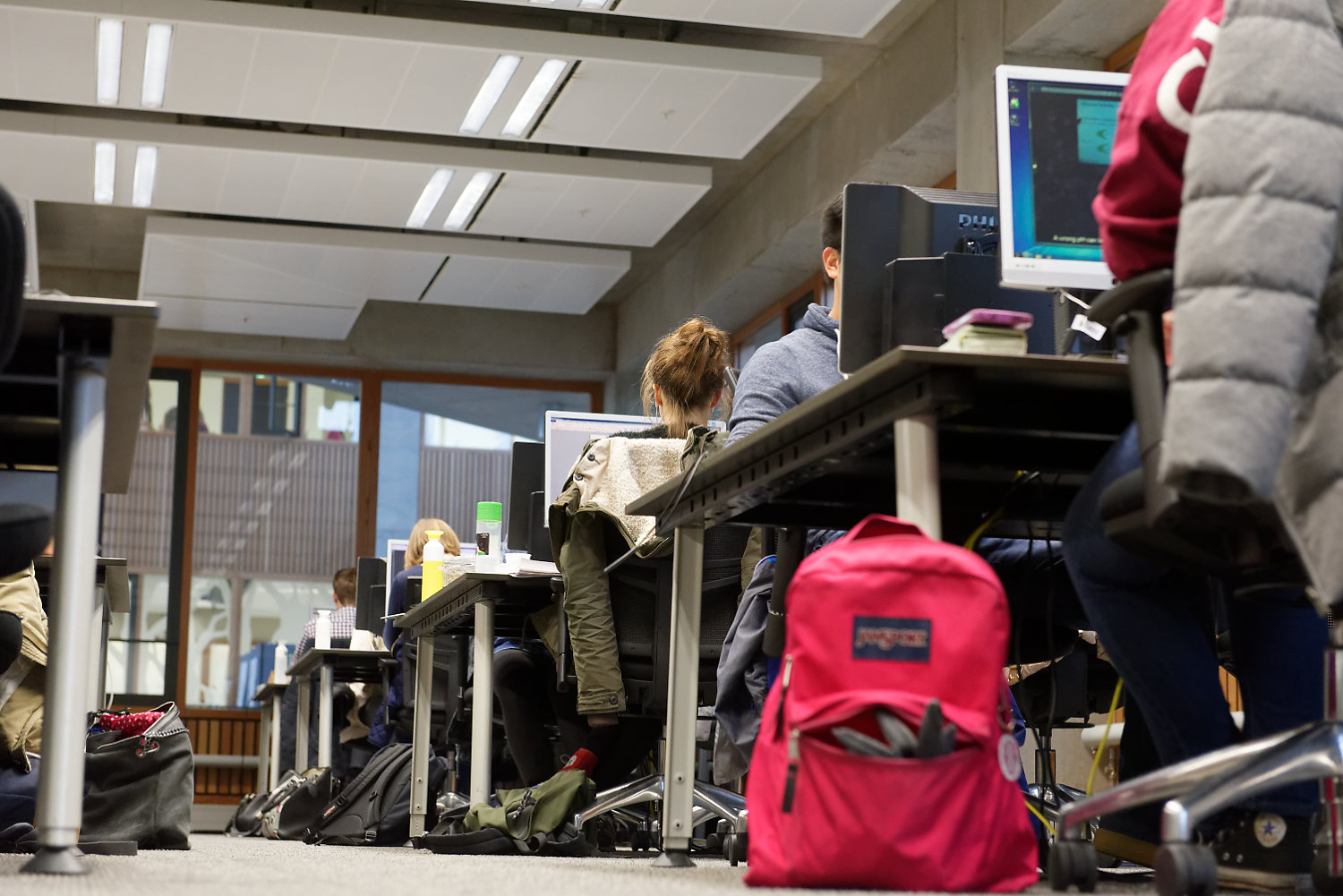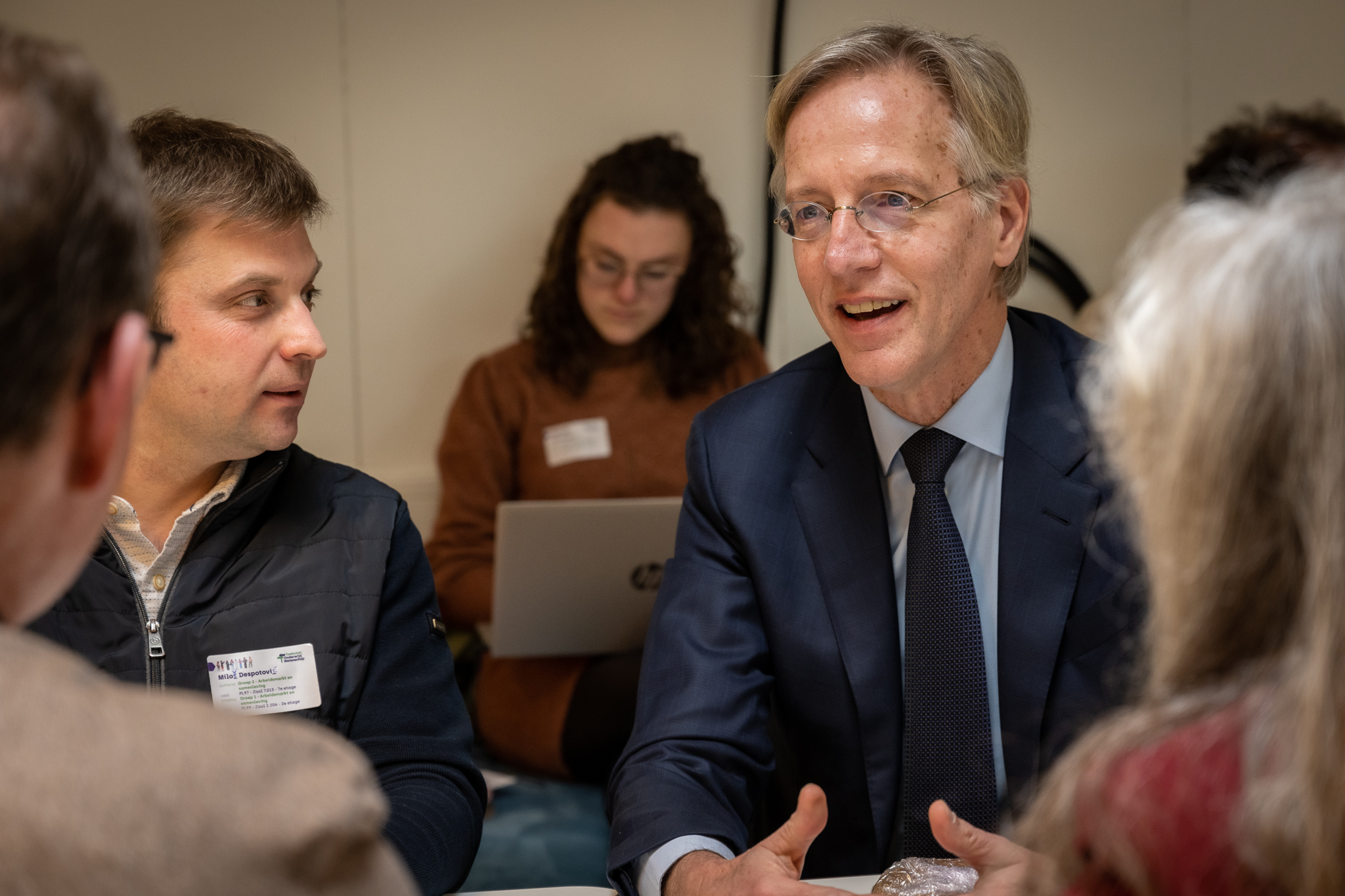The idea for a smarter academic year came from The Young Academy, a group of young researchers affiliated with the Royal Netherlands Academy of Arts and Sciences (KNAW). The Dutch academic calendar is nine weeks longer than in other European countries, The Young Academy wrote in a report. Minister of Education Robbert Dijkgraaf agreed that the academic year could be organised more efficiently, and the workload could also be reduced. He made €13 million available over the next four years for experiments to reduce the number of teaching weeks “in a responsible way”.
Of that amount, €900,000 will go to WUR, one of the 15 educational institutions taking part in the pilot. According to Dijkgraaf, the strong interest in the pilot indicates how much students, lecturers and researchers need more breathing space. “Students are weighed down by overfull study weeks, lecturers experience a lot of work pressure, and researchers do not get enough time for research. We really need to improve this situation.”
Resit policy
Wageningen will work on three topics, says policy officer Jetske ten Caat. “The first fits very clearly within the objective of creating more breathing space in the academic year: the modified resit policy.” That policy and the related new academic calendar will take effect from September and will ensure a longer summer break. Ten Caat: “This plan is not new, but with the extra money from the ministry, we can properly monitor this policy and see where there is still room for improvement.” Incidentally, Ten Caat thinks the word ‘pilot’ is not quite correct. “We don’t want to create the impression that the new resit policy is just a pilot.”
The second topic revolves around digital testing. “In a broad sense, so including, for example, the exam review”, says Ten Caat. “We will explore whether we can make this more flexible, so that the students and the lecturers do not have to be in the same room at the same time. This allows us to create space for both students and lecturers. We will work out how to then deal with aspects like security and communication.”
Another topic that will be given more attention is the further development of ‘item banks’. Item banks are large collections of exam questions per course. “At the start of a course, you have to compile such an item bank, but once it’s there, lecturers can create new exams much faster”, says Ten Caat. “You decide that you want this number of questions on this topic, and this number of questions on that topic, then you press a button and an exam rolls out.”
Overlap
With respect to the third topic, the Bachelor’s programmes in Forest and Nature Management and Plant Sciences will look at the current overlap in their curriculum, says Ten Caat. “How do the respective courses fit together, and can these study programmes make their teaching more efficient for students and lecturers? The idea is that these two study programmes will start with this process of alignment, and other study programmes will follow suit later.”
The pilot will run for four years. Lecturers and students will be closely involved in the pilots’ evaluation, says Ten Caat. “We will monitor everything closely, and consult with other universities several times a year to learn from each other’s experiences.”

 Photo Guy Ackermans
Photo Guy Ackermans 

